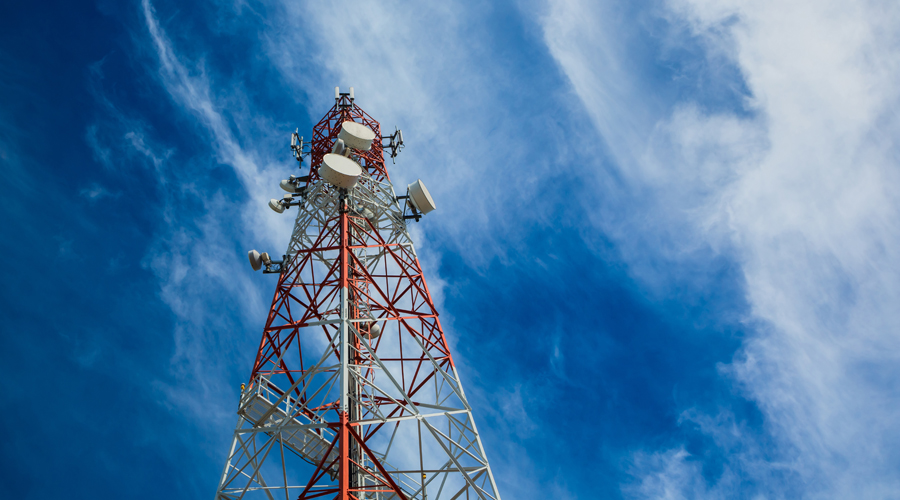The Centre earned Rs 77,146 crore on the first day of the spectrum auction on Monday from sales in five of the seven bands on offer against the floor price of Rs 45,000 crore.
As much as 60 per cent of the 2250Mhz spectrum in the 800Mhz, 900Mhz, 1800Mhz, 2100Mhz and 2,300MHz bands got sold on the first day of the auction — the first since 2016.
But there were no takers for the coveted 700Mhz band and the 2500Mhz band, which explains why the collections are still far off from expected revenues of Rs 3.92 lakh crore from the sales.
“The 700 MHz and 2500 Mhz saw no bids today (Tuesday). The auction will resume tomorrow morning... leaving aside the 700Mhz and 2500 MHz bands, 60 per cent of the spectrum in the other five bands put on sale was sold,” telecom minister Ravi Shankar Prasad said.
Unlike in 2016 where there were seven bidders, there are only three now — Jio, Airtel and Vodafone Idea.
On Monday, 65 per cent of the 800Mhz spectrum were sold. In 900Mhz, bids were received for 38 per cent of spectrum. The biggest sale took place in 2300Mhz, where 89 per cent of the spectrum was sold.
In the 1800Mhz band, 41 per cent of the spectrum was sold, but just 9 per cent of the airwaves in 2100Mhz band found buyers.
About one-third of the spectrum being auctioned this time is in the 700 Mhz band, which was completely unsold during the 2016 auctions.
Analysts said operators were unlikely to diversify into a new spectrum band that would require incremental investment in equipment on their part , when other sub-GHz bands are available at lower prices.
The current auction does not include frequencies in 3,300-3,600 MHz bands that were identified for 5G services, which will happen later.
“We should be coming with an eco-system for 5G trials very soon. We will be sharing more details at an appropriate time for 5G auctions,” Prasad said.
Telecom secretary Anshul Prakash said the Union government was expecting revenues of about Rs 7,000 crore this fiscal and around Rs 12,000-13,000 crore in the next fiscal.











